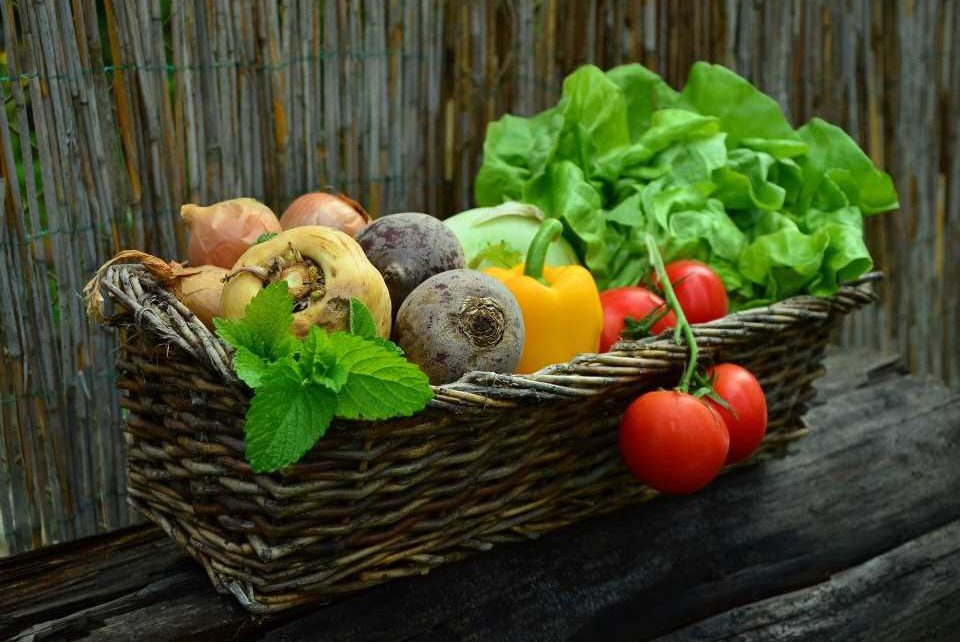
For patients diagnosed with cancer, is there one diet that is better than another? Dr. Dawn Mussallem, an integrative health specialist at Mayo Clinic, says it’s not about one food or diet, but rather a dietary pattern that emphasizes a predominant plant-based diet that is high in fiber. And, Dr. Mussallem says, 97% of Americans aren’t getting enough fiber.
“It’s the dietary pattern that the organizations, such as the American Institute for Cancer Research and the American Cancer Society, recommend is a plant-predominant diet that has an emphasis on whole foods,” says Dr. Mussallem.
That includes a variety of fresh vegetables and fruits, whole grains, beans, nuts, and seeds,
“It’s good to have whole grains, not processed grains, but whole grains,” she says.
Skip ultraprocessed foods. Limit or avoid red and processed meats. The American Cancer Society says it’s unknown if there is a safe level of consumption for either red or processed meats.
“Processed meat is considered a carcinogen. And to replace some of that red meat component where folks get protein, you want to lean in on consumption of pulses,” says Dr. Mussallem.
Pulses include legumes, or beans, lentils and peas. You’ll add protein—and fiber.
“The American Institute for Cancer Research shows that for every 10-gram increase in fiber in the diet, you improve survival after cancer diagnosis by 13%,” she says.
©2023 Mayo Clinic News Network.
Distributed by Tribune Content Agency, LLC.
Source: Read Full Article



